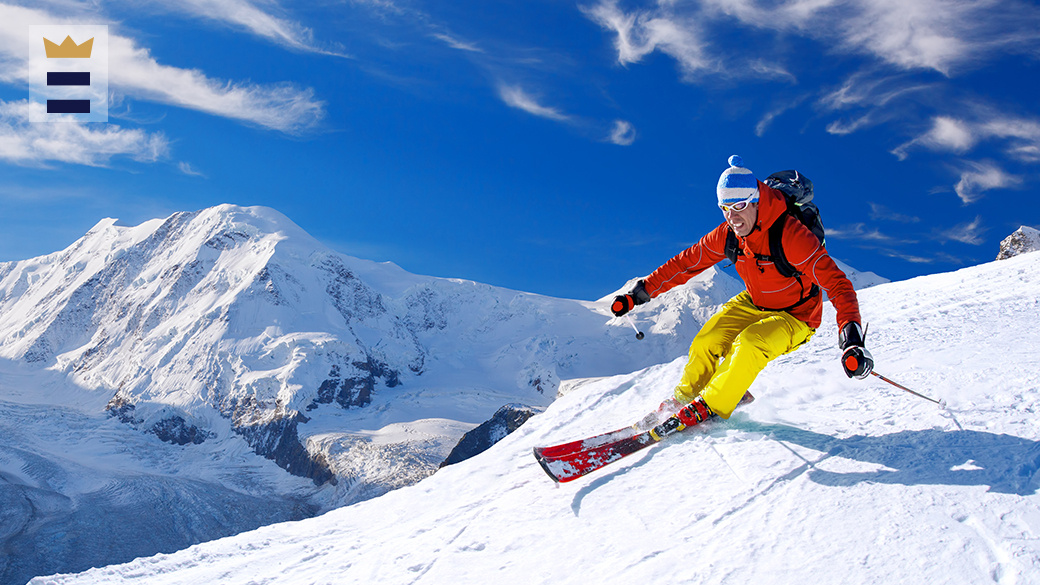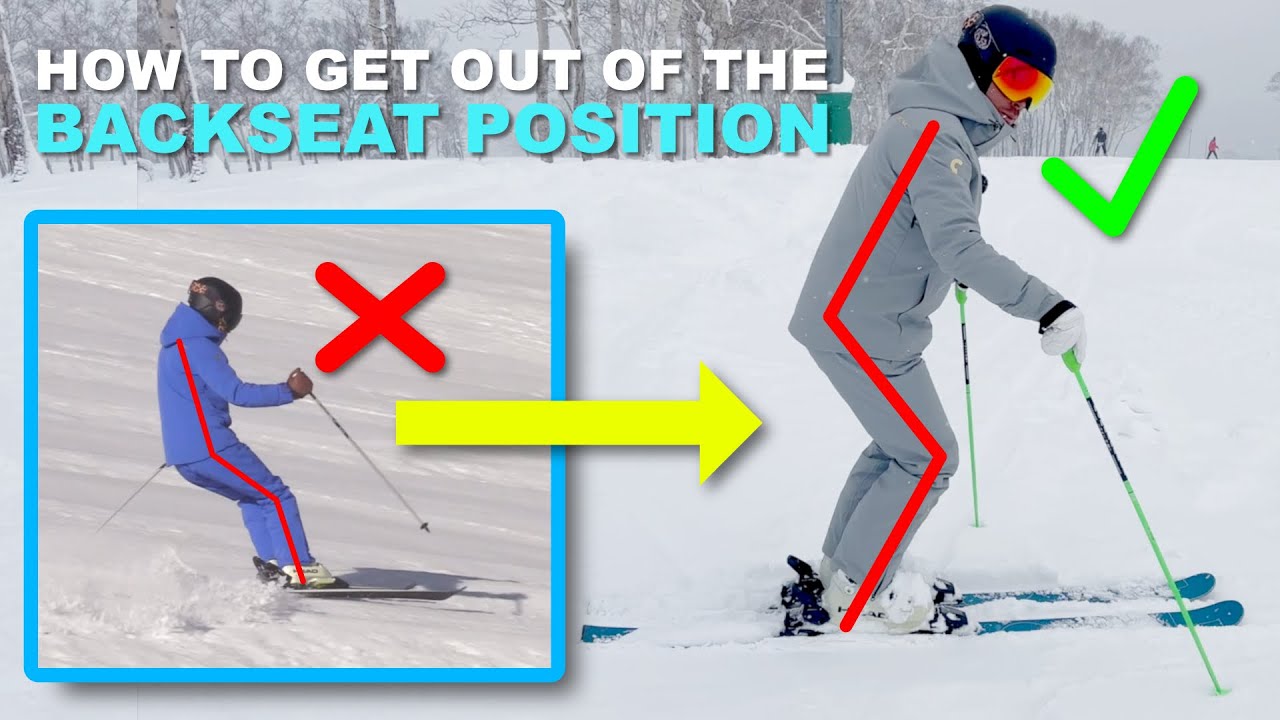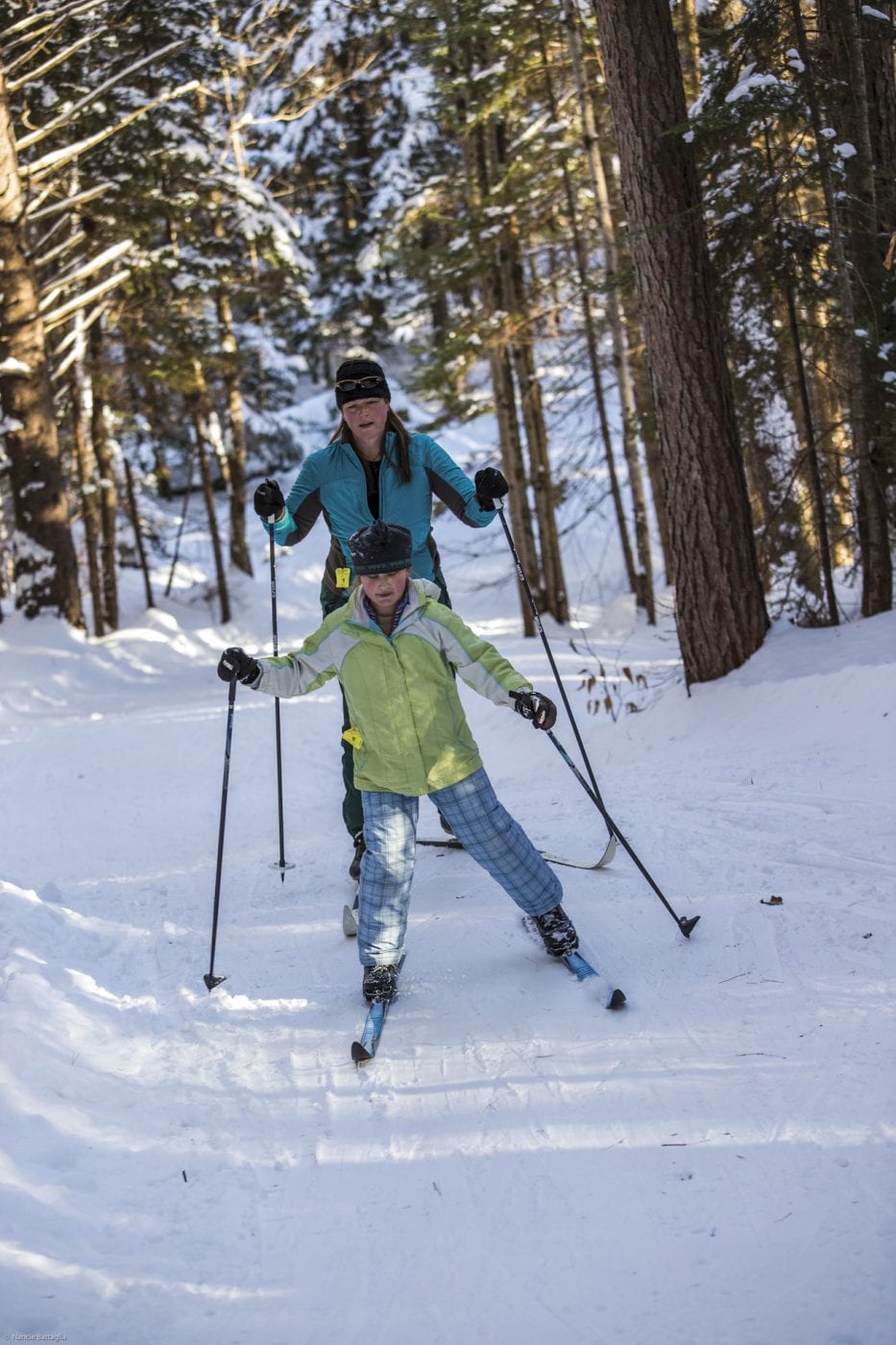
Burton helmets will keep you protected while on the slopes. These helmets have a mixture of foam and shell, which help dissipate any impact force without damaging your head. MIPS (Multidirectional Import Protection System) liners can be added to some helmets.
MIPS protects the brain from angled impacts in high-speed snowboard crashes or botched landings. These are the most common types of head injuries, so it's essential that you have a helmet with this type of protection to avoid any serious injury.
How to choose the right helmet for you
You should consider your budget, the purpose of the helmet (skiing/snowboarding), and what features you are looking for. A good rule of thumb is to spend more money on a helmet with better quality materials.
A model should have a liner that is snug and comfortable. It should also be possible to alter it. Many helmets have removable, washable fit pads that help maintain the optimum fit. Easy adjustment is possible with the magnetic chin strap on top-of-the-line models.

Look for helmets with an ABS (acrylonitrile, butadiene, styrene), shell or polypropylene. These are more durable than EPS (epoxy-polypropylene) constructions and can handle more abuse. These foams are heavier and can't absorb as much force, as EPP foams.
The helmet's weight is another thing to consider, as well as whether or not the venting is adjustable. This is especially important for long uphill slogs where you may need to take a break from skiing to catch your breath or cool off.
Budget snow helmets typically weigh less than one pound and can be used all day. These helmets have thicker linings and are less adjustable than higher-end models.
A few high end snow helmets like the Smith Vantage MIPS (Oakley MOD5, POC Obex), and POC Obex have soft linings. These are designed to mold to your skull. This helps prevent sagging while providing plenty of support.
It is worth considering the thickness of the liner when looking for a new helmet. A helmet that is too thin could make your ears hurt and lead to earbuds falling out. You also don't want a helmet that's so thick that it impedes your field of vision.

The type of foam used to make the helmet will also be important. Although EPS foam is the most popular material for snow helmets it can crack and become brittle. EPP foam, which is more resilient to abrasion and springs back after being struck by impact, is safer.
WaveCel Technology
Anon's WaveCel technology may be worth a closer inspection if you are looking for extra safety. This technology replaces large amounts of the helmet's EPS foam with small ripples that help dissipate energy from high-angle falls.
FAQ
Here are some things you should never forget about when traveling.
Traveling is a time when you are often faced with situations that require quick decisions. Be ready to adapt.
Sometimes you might find yourself stuck for days, weeks or months. If you've planned ahead, you'll have food, water, shelter, and a place to sleep. But, if not, you might have the need to improvise.
In these cases, you'll probably have to rely on what you know how to do best. That means taking quick decisions based only on intuition and experience.
But there are times when you can't choose. For example, you could be stranded in an area without cell phone service, running out of gas, or having been robbed. You'll need to adapt quickly to these situations.
The key to success is to stay calm, remain focused and act decisively. Don't panic. Instead, stay focused on what you have control of.
You can, for example, choose the direction you want to travel if you get lost in the woods. Or if you're hungry, you can eat berries or mushrooms. You can also drink rainwater and melt snow if you feel thirsty.
If you are tired, you can take a break. It's okay to bundle up if it is cold. If it is wet, you have the option to change clothes. Whatever you decide, you'll feel better if you stay positive.
Do you worry about missing something while traveling?
Yes, I often forget stuff. This happens especially when I'm going on a short trip. But I have everything with I, so I never run low.
My passport is one example. When I purchase tickets, I make sure I have enough cash.
Also, my phone charger is always with I. And I use a small bag to store other items.
What snacks are allowed on an airplane?
You can choose from many types of snacks when you fly. You may want to consider bringing along any food items that you know you enjoy eating while traveling.
If you are a chocolate lover, you may want to bring some chocolates along with other snacks like crisps, nuts, and biscuits.
For something more savory, you might want to pack cheese or crackers.
It's also worth considering what kind of beverages you'd prefer to have aboard. Perhaps you'd prefer something cold or hot?
No matter what type of snack you bring, ensure that they are packed securely and safely.
This will ensure that your belongings are safe during transport.
Should I buy travel insurance?
Travel insurance is vital if you're planning to travel. In fact, you should make sure that you get cover for all types of adventure sports.
For example, if you are skiing, you should ensure that you have medical coverage. Also, you should consider getting insurance for theft, loss, or damage.
Cover for cancellation should be considered. You can cancel your holiday without incurring any penalty.
Also, make sure you ask for insurance for emergency evacuation. This includes being taken off the mountain in case of an avalanche or other natural disaster.
What should you do first when you arrive at your destination?
You should always have an itinerary for when you arrive at a place. This helps you to know what to expect and where you should go next.
You need to plan ahead to ensure you don't miss anything important.
For instance, if your trip to a city lasts more than one hour, research which landmarks, museums, and parks you'd like.
A map of the area may be useful and you might want to read up on the history.
Where can I find cheap accommodation when traveling abroad?
Cheap accommodation options for travelers include hostels, hotels, guest houses, and bed & breakfasts.
Hostels are inexpensive and offer dorm-style rooms where guests share bathrooms and living areas.
Hotels are typically located in tourist areas.
Hostels are very similar to guesthouses but have more rooms and less people sharing them.
These bed & breakfasts are very popular with budget-conscious travellers. The guests stay in their own homes and receive a full breakfast as part of the stay.
Statistics
- Alcoholic beverages with 24% alcohol or less are not subject to limitations in checked bags. (tsa.gov)
- Case in point: the private island of Ilha Caldeira, less than seven miles off the coast as part of the Primeiras and Segundas Archipelago, is located within the marine-protected area with 20 percent of the country's intact living coral. (travelandleisure.com)
- Between the ages of 11 and 13, kids, or tweens, will likely want some autonomy but also need boundaries. (travelandleisure.com)
- They're also likely to offer babysitting services, in case you'd like to have dinner one night after 7 p.m. (travelandleisure.com)
- Pack sweaters, jackets, and underwear in reusable compression bags creating up to 75% more space in your luggage. (wikihow.com)
External Links
How To
How to plan for your next vacation
Planning a trip can involve many things including booking flights, hotel reservations, car rentals, and activities. It involves important considerations like your budget, destination choice, weather forecast, etc.
These points should be kept in mind while you are planning your next holiday.
We have put together a step-by–step guide to help plan your next vacation. This guide has been prepared based on our experience and customer feedback. This guide will help you plan your next vacation easily.
Steps:
-
Plan your Budget - This is the most important step to take when planning for a trip. Before you start to think about where to go or what to do, it is important to determine how much money you have available for your trip. If you don’t have sufficient money, you may have to cancel your travel plans.
-
Book Flights – After setting your budget, you must book your flights. Be sure to get the lowest price flight deal. Check to see if there are any seasonal specials offered by airlines. These deals may save you money.
-
Choose Your Destination - Once you've booked your ticket, the next thing you'll need to decide is where you'd like to travel. Multiple factors play into the decision of where to go, climate (when you can visit), culture (how friendly they are) and cost (how expensive it is).
-
Locate Accommodations – After you've chosen your destination, you need to locate accommodations. Various accommodation options are available, ranging from cheap hostels to luxury suites. It all depends on what you want and how much space you have. For example, staying in a hotel may not be ideal if you're looking for a place close to the city center. However, homestays may be more suitable for you if your preference is quieter and away from crowds.
-
Select Activities & Attractions: Now that you have selected your accommodation, it is time to decide which activities and attractions to include in the itinerary. Depending on your length of stay, you may choose to add or remove activities.
-
Select Activities and Attractions - Now it's time for you to plan your itinerary. Sticking to a plan will help you maximize the value of your trip. But, it's possible to enjoy your trip more if your schedule is flexible.
-
Create itinerary – This allows you to organize all of the details for your trip. Write down all details about your trip, including flights, accommodation, activities, and restaurants.
-
Research Online – Before you go on your trip, make sure to research online. To find out what other travellers think about different destinations, read reviews and testimonials. You will be able plan accordingly.
-
Don't Overpack - This is one of the most common mistakes people make when packing. Try to bring just three sets of clothes instead of five. Make sure you bring clothes that are appropriate for the area.
-
Be Prepared - Finally, be prepared! Before you leave for your trip, make sure that everything is in order. It's not a good idea to spend time looking for documents while you are still on the move.